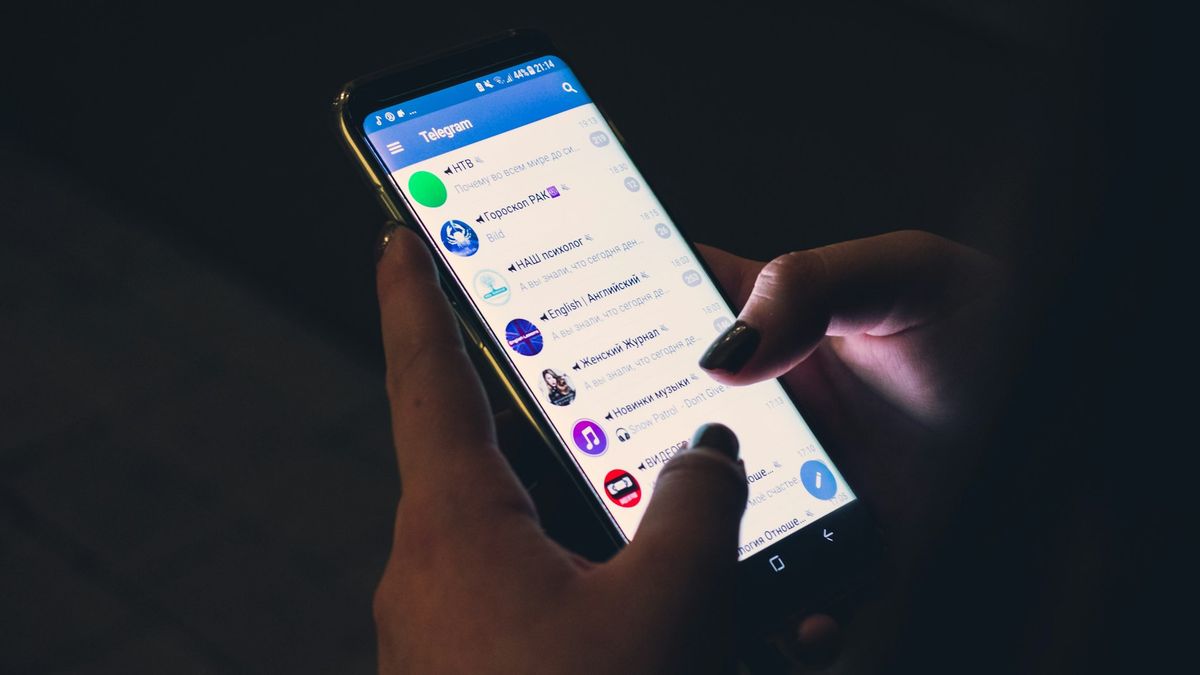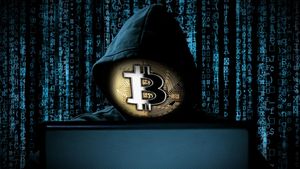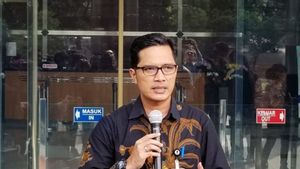In a decision on February 13, a European Union court ruled to support Telegram user Anton Podchasov, who fought for his rights to fight against the government in 2018 after the government demanded Telegram to decrypt messages sent using encrypted "secret chat" functions.
The court ruled that while criminals may use end-to-end encryption (E2EE) to circumvent law enforcement, providing backdoor encryption would put innocent ordinary users at risk while eroding their rights to freedom of expression thereby violating the European Human Rights Convention.
The court argued that the backdoor of the encryption would "discriminatoryly affect everyone," including those who did not threaten the government, and would allow "routine, general, and non-discriminatory surveillance of private electronic communications."
The court argues that there are other ways to monitor encrypted communications that don't require a backdoor encryption, such as gaining access to communication devices.
Podchasov first filed a lawsuit against his country's government in 2018, saying that the requirements put forward by the government for Telegram to submit a log of users suspected of committing terrorism would open the door for the government to decrypt all user communications violating the European Human Rights convention.
SEE ALSO:
Telegram rejected these requirements, saying it was impossible without a backdoor that would weaken encryption for all users. In return, the country then blocked access to Telegram in April 2018.
Podchasov's lawsuit through several appeals and reached the country's attorney general court, which rejected it, eventually reached the European Human Rights Court.
In its latest ruling, the court has ruled that the country violated Article 8 of the European Human Rights Convention which states that "EACH person has the right to respect for his personal life and his family, his home, and his correspondence."
By sided with Podchasov, European courts stated that the requirement to decrypt E2EE communications "cannot be considered as something necessary in democratic society," and its law that allows access to unprotected communications disrupts those rights and "violates any admissible limits in this regard."
The English, Chinese, Japanese, Arabic, and French versions are automatically generated by the AI. So there may still be inaccuracies in translating, please always see Indonesian as our main language. (system supported by DigitalSiber.id)


















